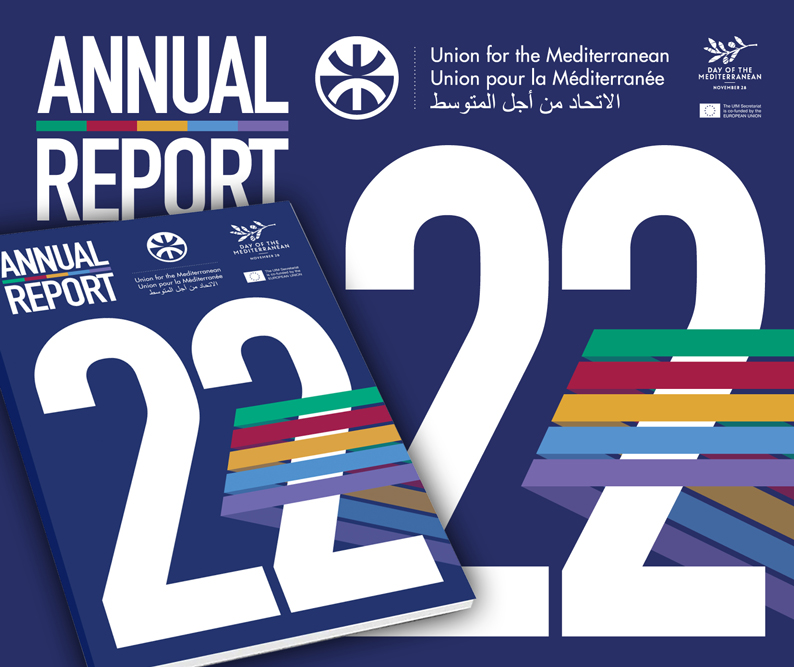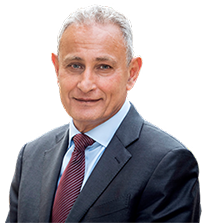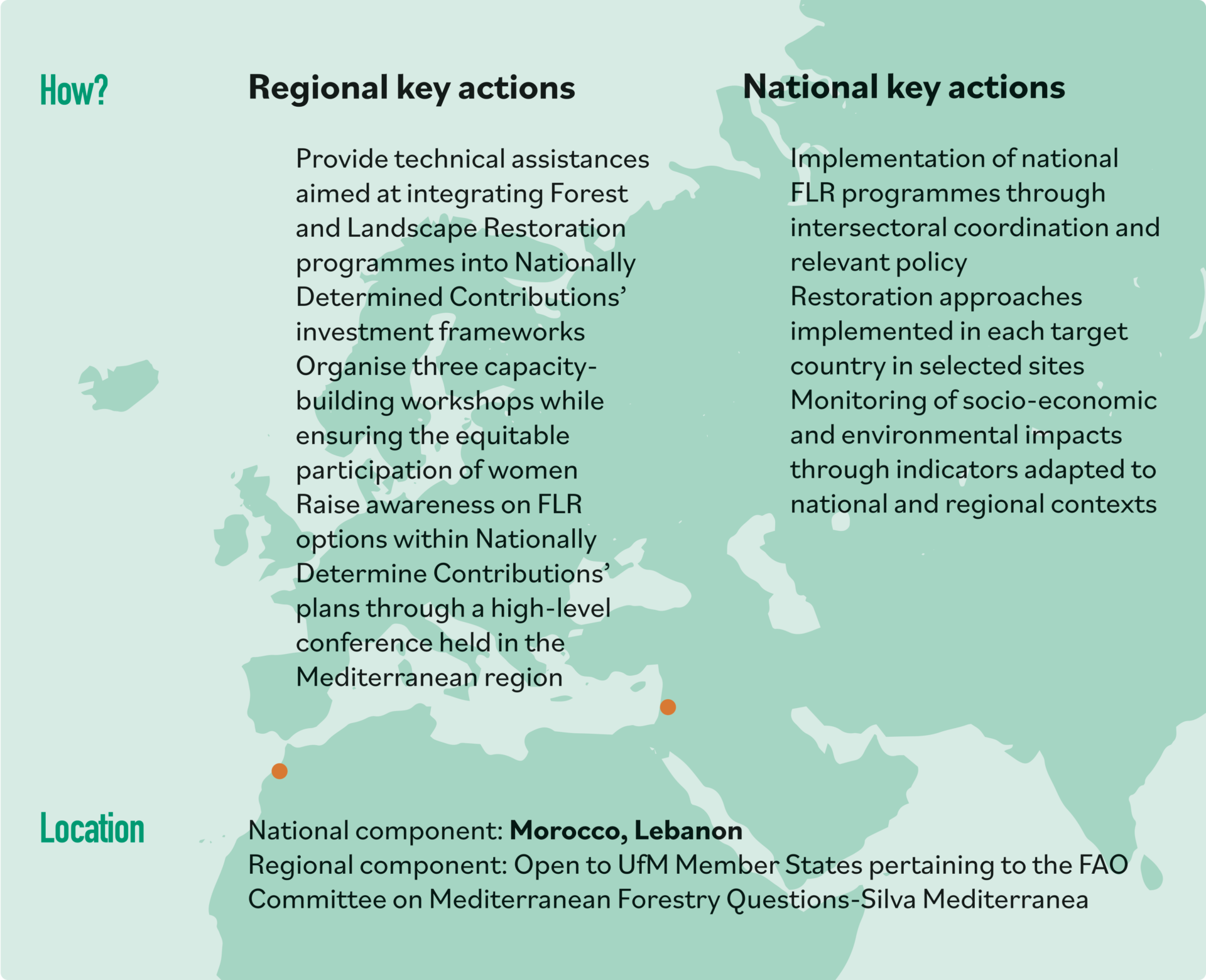The challenges facing the Euro-Mediterranean area amid the post-pandemic recovery, the climate emergency, and the geopolitical crises in the region have called for us to act together and with more resilience than ever.
The 2022 Annual Report highlights the UfM contribution to these regional efforts, as we worked to ensure that no one is left behind and that resilience and sustainability are enhanced throughout the region. We have launched three renewed regional strategies, focused on employment and labour, on women’s empowerment, and on research and innovation. The UfM Hub for Jobs, Trade and Investment was also established to enable more editions of the UfM Grant Scheme, which helped over 18,000 people across seven UfM Member States in 2022.
The progress achieved on the ground last year has crystallised as well in a key milestone: the creation of a Mediterranean Pavilion for the first time in the framework of the COP27. The initiative, conceived by the UfM Secretariat, aimed to raise awareness on the Mediterranean, often overlooked in climate negotiations, and provided an exceptional opportunity for the region to talk and act as one.








